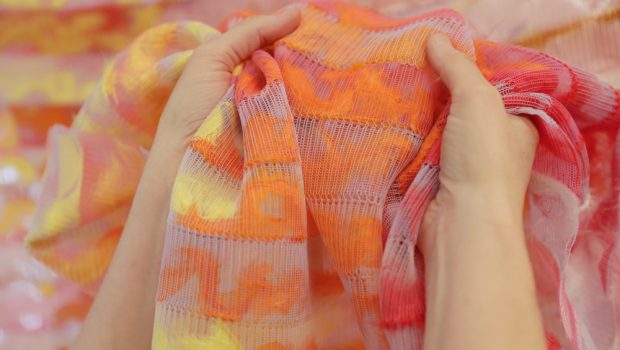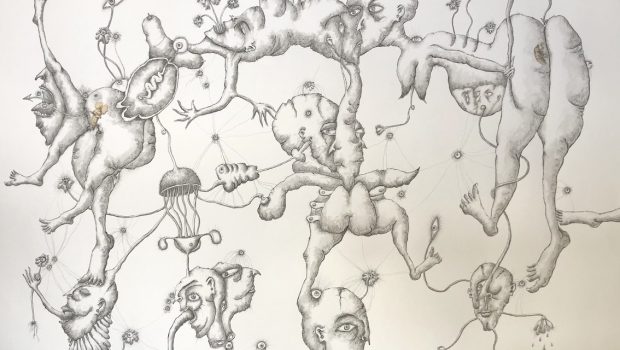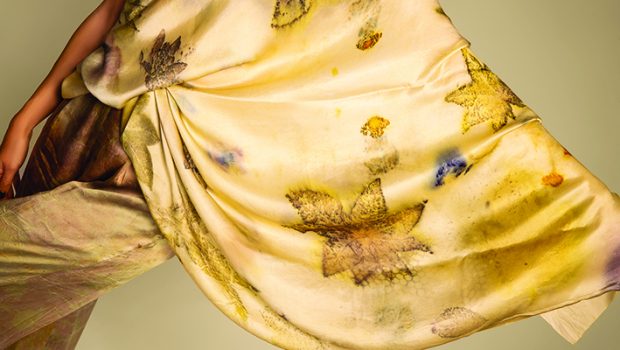Revenge of the Slob
You have permission to be messy at work and in your home office. A chaotic room could be indicative of your unleashed creative genius
Einstein, who was known for a messy workspace, famously said: “If a cluttered desk is a sign of a cluttered mind, then what are we to think of an empty desk?” This is not just limited to Einstein of course: some of the most influential minds in history from Mark Twain, Steve Jobs, Leonardo Da Vinci, Fancis Bacon and Picasso are also known for their messiness. And it’s fascinating. Maybe we are envious or just curious. What is the link between one’s inner and outer environment?
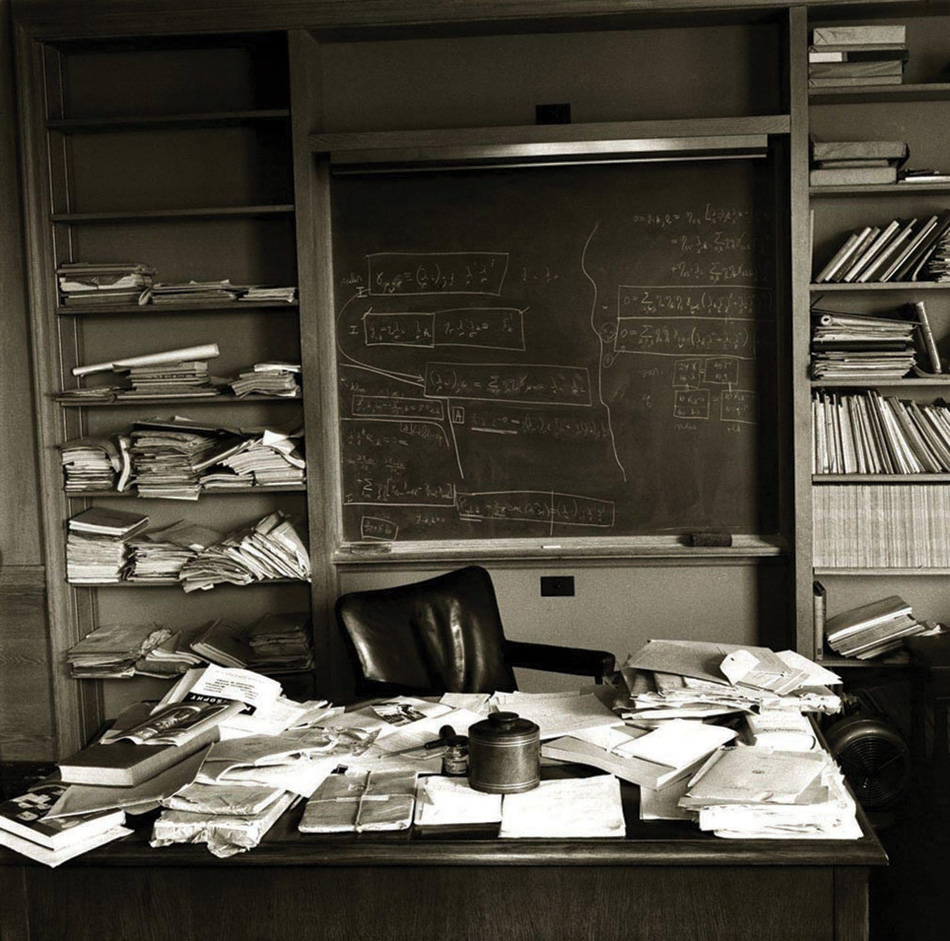
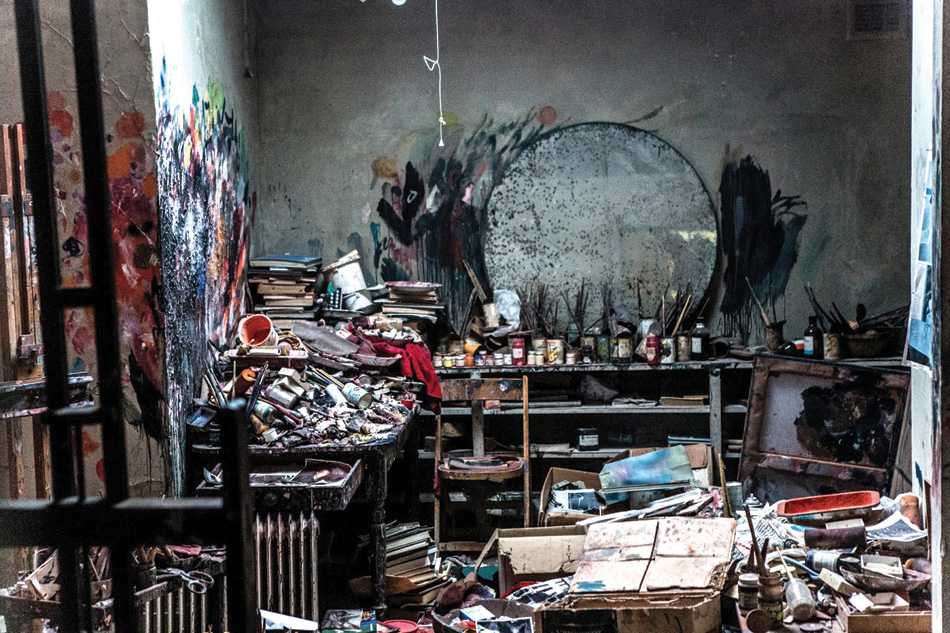
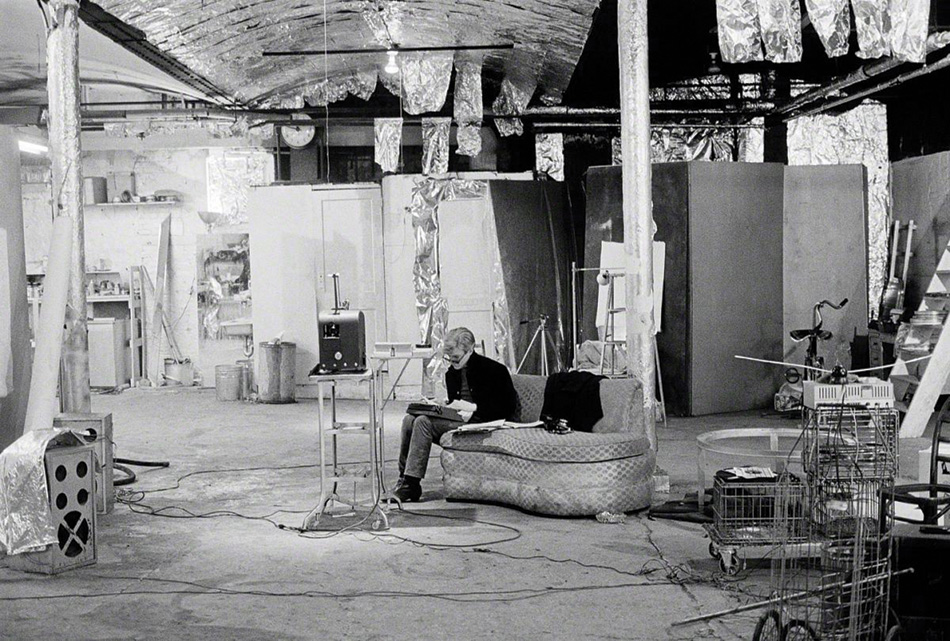
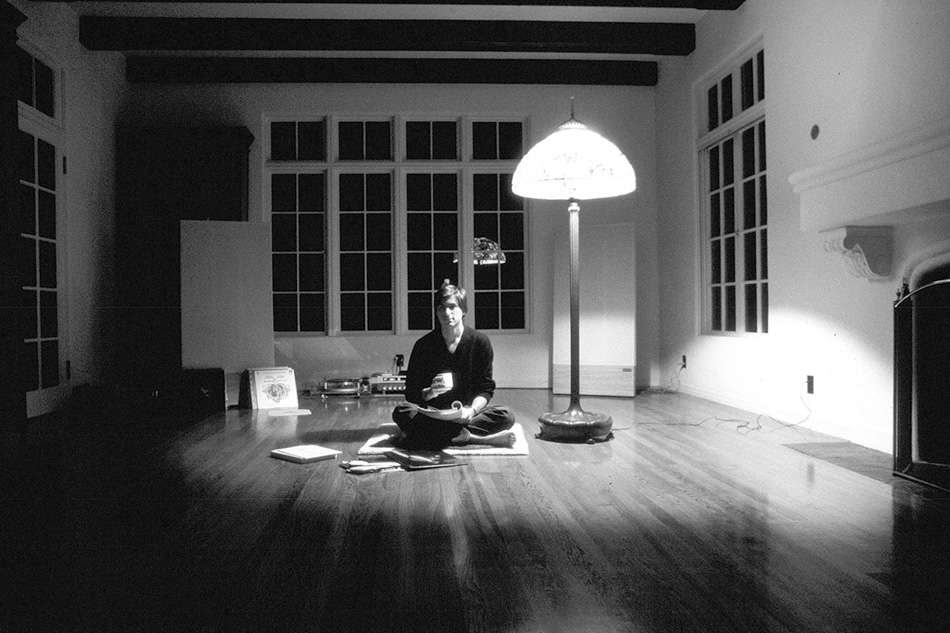
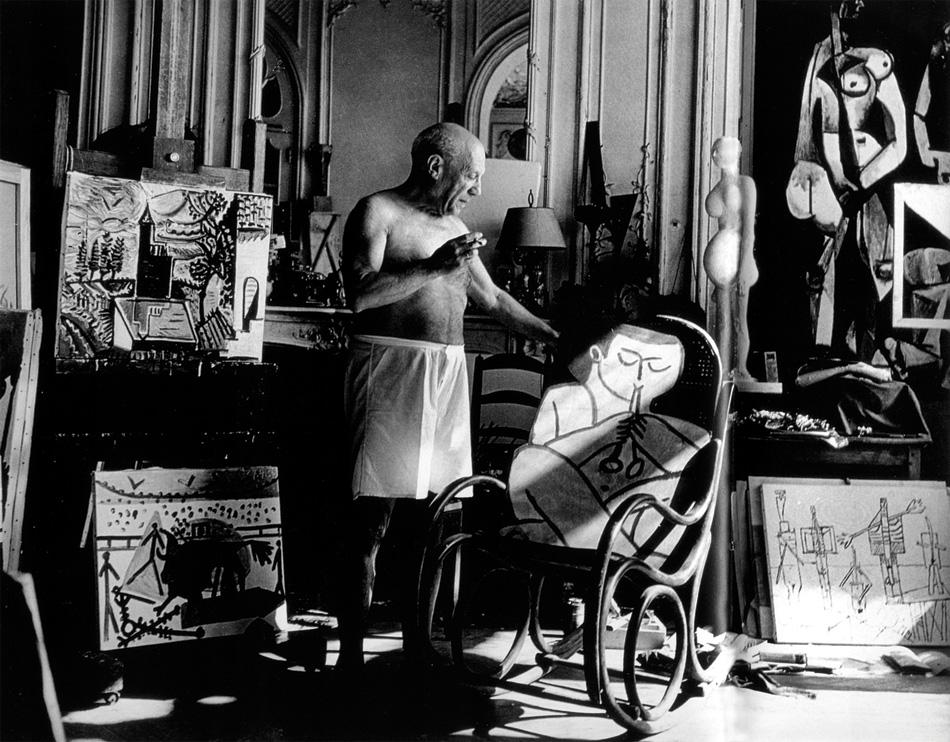
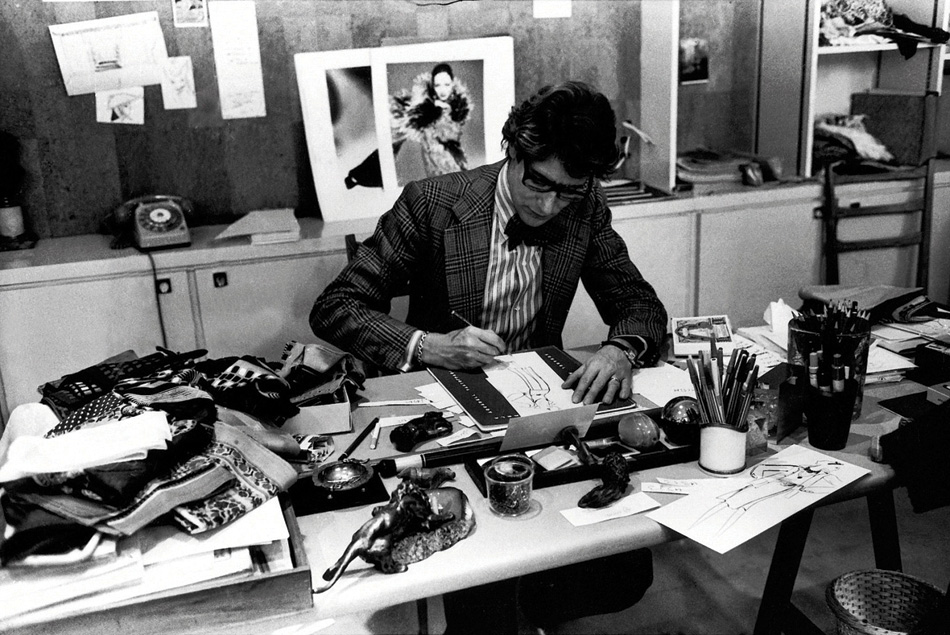
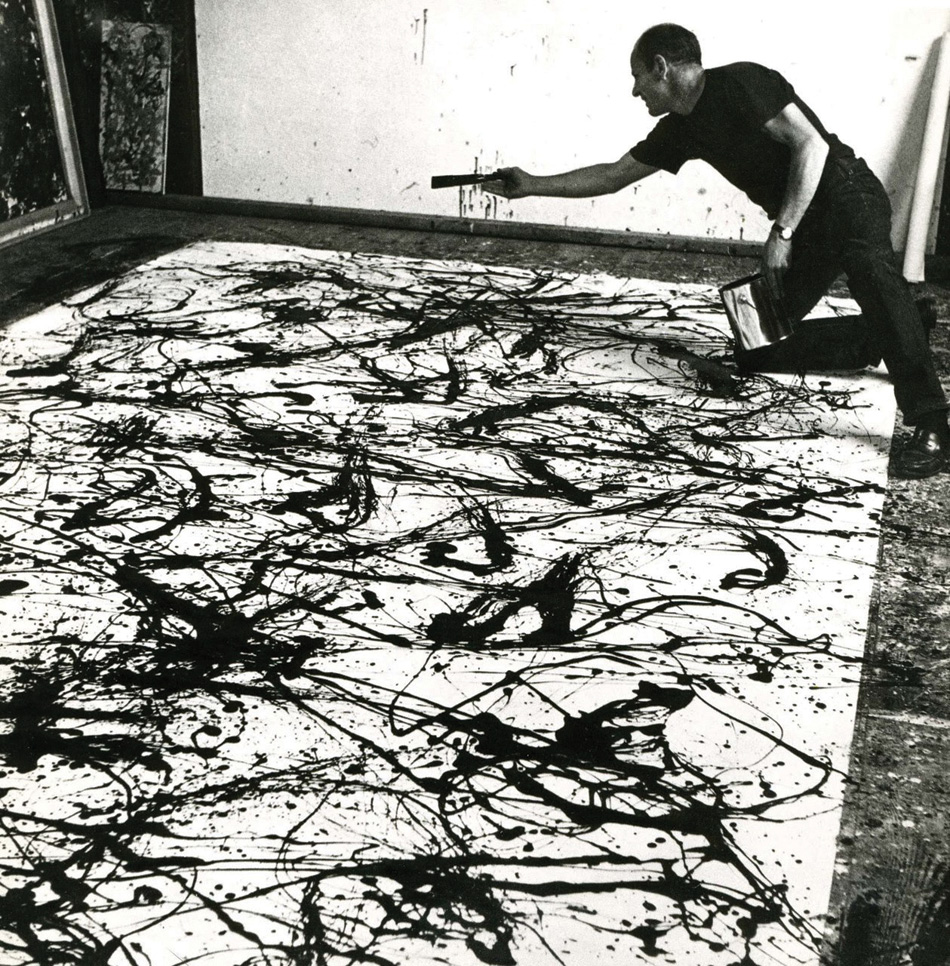
For years now, home décor magazines have espoused the ideal of minimalist, almost Spartan, interior décor. Perhaps it is time to be reminded that the minimalist interior, with everything in its place, is an idealized vision of how we are supposed to live. It is an ideal that many aspire to because we equate order with beauty and cleanliness and therefore, value. We respect the disciplined person who follows the rules. We judge the the book cover, the clothes, the car and the room.
However we also instinctively know that many creative people seem to always be surrounded by mess, so it’s fascinating to see the evidence in pictures.
Just like the research that says that chocolate and wine are good for you, many frustrated creatives sigh with relief at hearing scientific evidence that being messy is a sign of creativity.
We need someone else to say it’s okay.
It’s okay to be messy sometimes, says Tim Harford, a British economist, author and journalist who theorises that mess can be much better than precision and order. Mess can range from actual untidiness, to disruption, distraction, unexpected collaboration, and context-switching.
Harford’s book Messy: How To Be Creative And Resilient In A Tidy-Minded World, makes a compelling case that there are a lot of areas where it pays to open up to the idea that mess is to be embraced rather than fought against.
A famous study published by psychological scientist Kathleen Vohs and the University of Minnesota, showed that messy desks have benefits like helping promote creativity, stimulating innovative ideas and also promoting abstract thinking, while keeping your desk tidy promotes healthy eating, conventionality and generosity.
One of the experiments found that when people who were placed in either messy rooms and tidy rooms were asked to come up with new uses for a ping pong ball, although both messy and tidy people generated the same number of ideas, participants who were situated in messy rooms came up with more interesting and creative ideas than those from clean rooms.
Vohs explains: “Prior work has indicated that a prim and proper workspace leads people to do good things like not engaging in crime, not littering, and show more generosity, towards others… We found, however, that you can get really valuable outcomes from being in a messy setting also.”
In another experiment, participants were asked to come up with other uses for ping pong balls. The participants in the messy room created the same number of ideas for new uses as their tidy counterparts. But their concepts were rated as much more interesting and creative.
“Being in a messy room leads to something that firms, industries, and societies want more of: creativity,” says Vohs, while suggesting it is important to have a balanced mix of personality types in a team – the messy and creative types to innovate and generate ideas, and the tidy and practical types who will execute them.
“Orderly environments encourage convention and playing it safe. Messy environments seem to inspire breaking free of tradition, which can produce fresh insights.”
Great news for all of us who struggle with tidiness and who have been chastised for it. The question is, which “really valuable outcomes” will you encourage, for yourself and the people around you? Can you embrace the mess?
